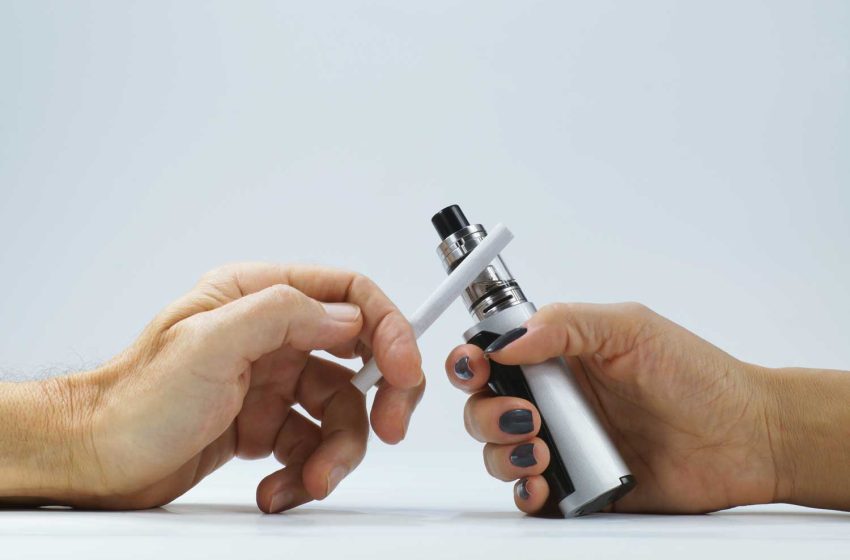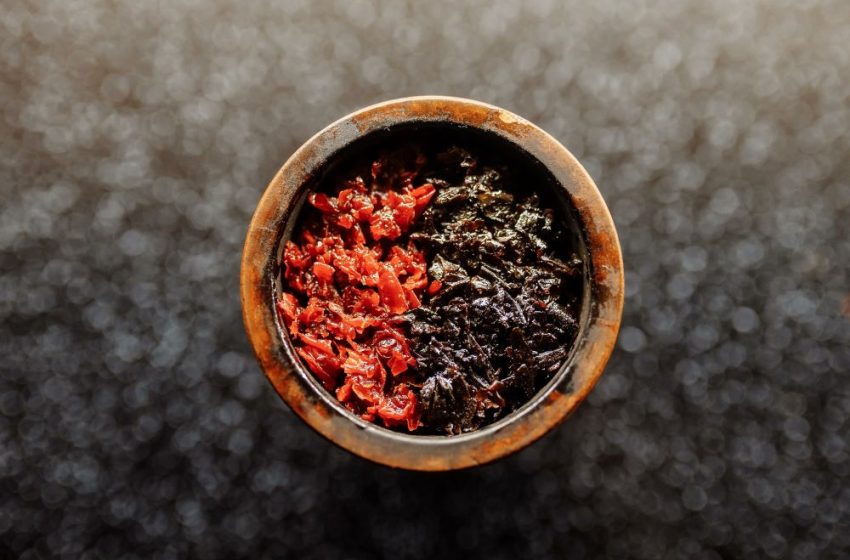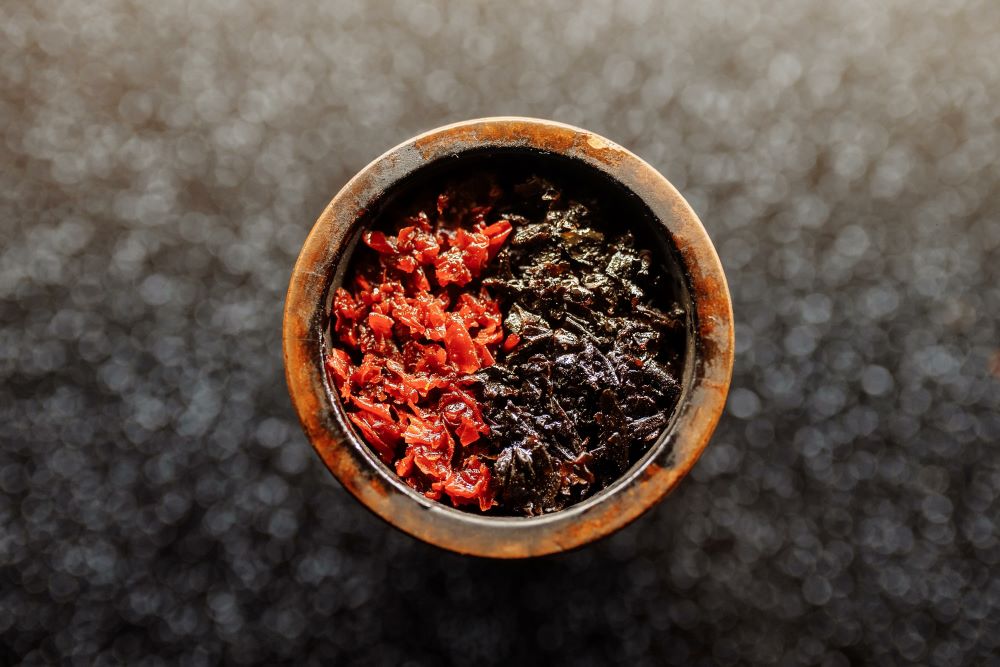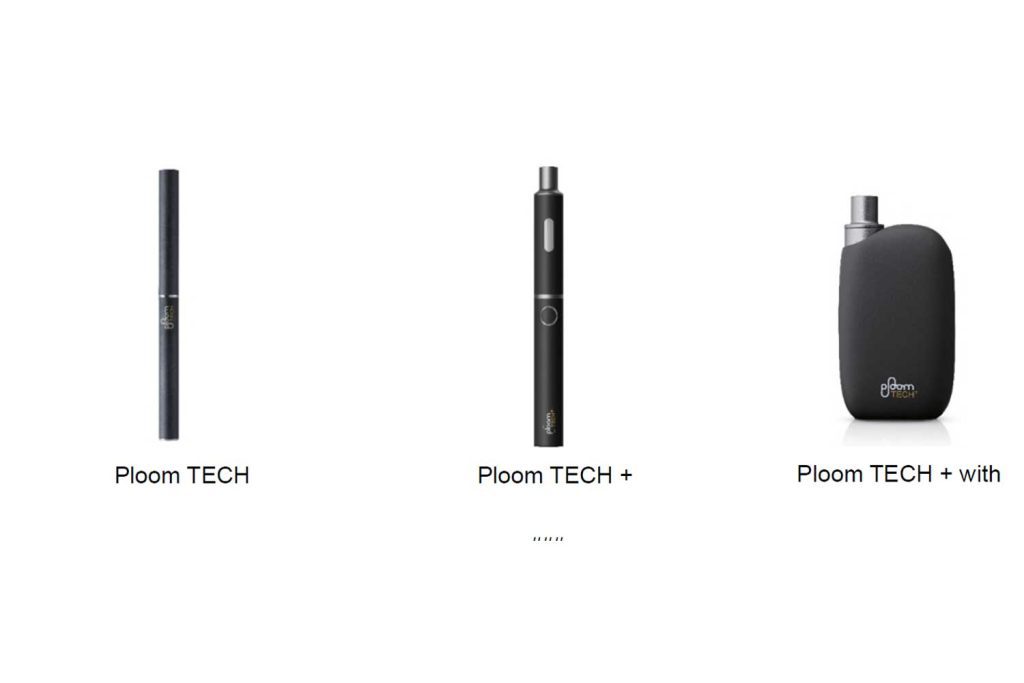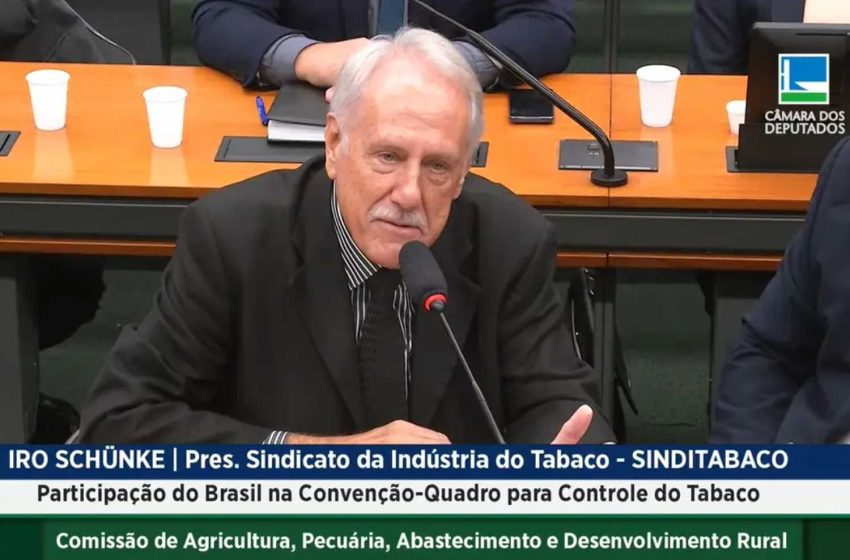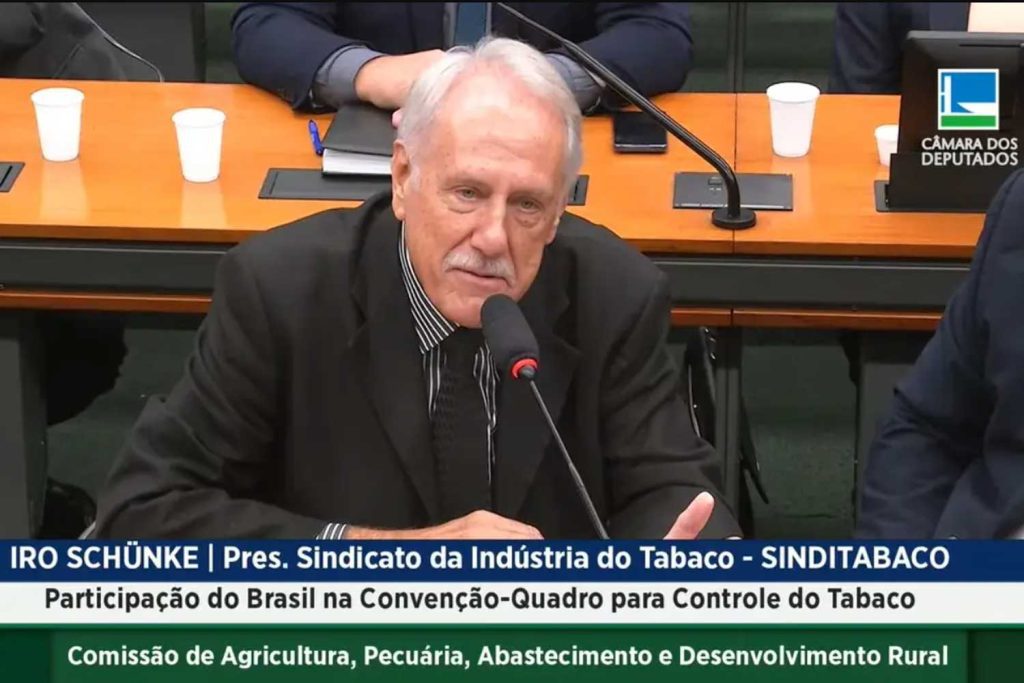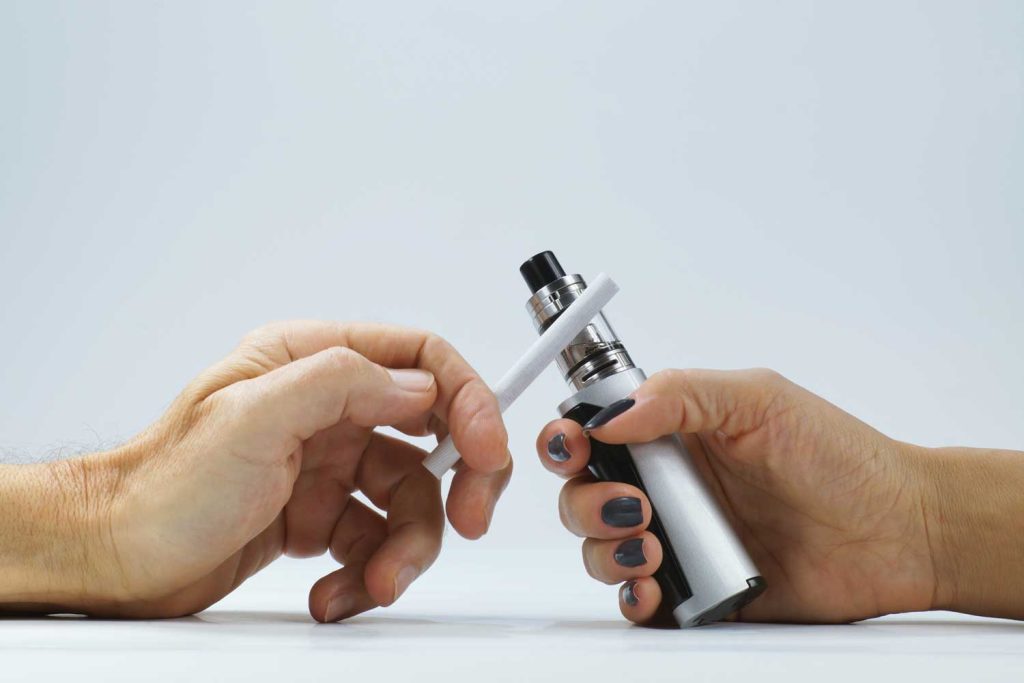
Recent claims by Otago University in New Zealand that vaping is a gateway to smoking have been disputed by leading global harm reduction experts Roberto Sussman, Konstantinos Farsalinos and Gerry Stimson. These experts have highlighted the importance of harm reduction strategies in reducing the negative health impacts of smoking.
Published on June 28 in Drug and Alcohol Review, the Otago University study analyzed data related to New Zealanders’ smoking and vaping status from the 2018-2020 New Zealand Attitudes and Values survey.
Unlike other studies, Post-graduate student Andre Mason and associate professor Damian Scarf found no consistent evidence that vaping acted as a cessation pathway from smoking. Mason said vaping appeared to be another smoking-related behavior, rather than a substitute for smoking that primarily helped people quit.
“We found that there was an equal likelihood of vapers transitioning to smoking as smokers were to vapers,” Mason told Radio New Zealand.
Tobacco harm reduction advocates questioned the findings. According to Sussman, there is no evidence that vaping is a gateway to smoking. “In fact, studies have shown that vaping can be an effective tool for smoking cessation,” he said. “The vast majority of vapers are former smokers who have successfully quit smoking thanks to vaping,” added Farsalinos
Gerry Stimson, a public health expert and advocate for harm reduction, emphasizes that harm reduction strategies like vaping are essential in reducing the negative health impacts of smoking. “We need to focus on providing smokers with safer alternatives to cigarettes, rather than demonizing harm reduction strategies like vaping,” he noted.
Nancy Loucas, executive coordinator of the Coalition of Asia Pacific Tobacco Harm Reduction Advocates, who compiled these comments, also disputed the gateway claim by Otago University.
Lous cited recent data, which suggest the smoking incidence rates in New Zealand have fallen significantly over the past five to 10 years. The current smoking rate of New Zealand adults is 8 percent in 2021/2022, which has decreased from 16.5 percent in 2015 and from 27 percent in both men and women in 1993. Loucas insists that vaping has played a significant role in the reduction of smoking rates in New Zealand over the past five to 10 years. According to research published in the NZ Medical Journal, the current vaping rate in New Zealand is 8.3 percent of adults being categorized as daily e-cigarette users, up from 6.2 percent in the previous year.
“We need to focus on harm reduction strategies that work, rather than relying on outdated and inaccurate claims about vaping being a gateway to smoking,” said Loucas. “The evidence is clear: vaping can be an effective tool for smoking cessation and harm reduction.
The government of New Zealand has given NZD1.4 million ($860,411) to a large trial to help New Zealanders quit vaping. Over six months, more than 1,000 participants will test whether cytisine—a medicine that partially blocks the effects of nicotine on the brain—is more effective than a tapered reduction in nicotine, when accompanied with behavioral support.

